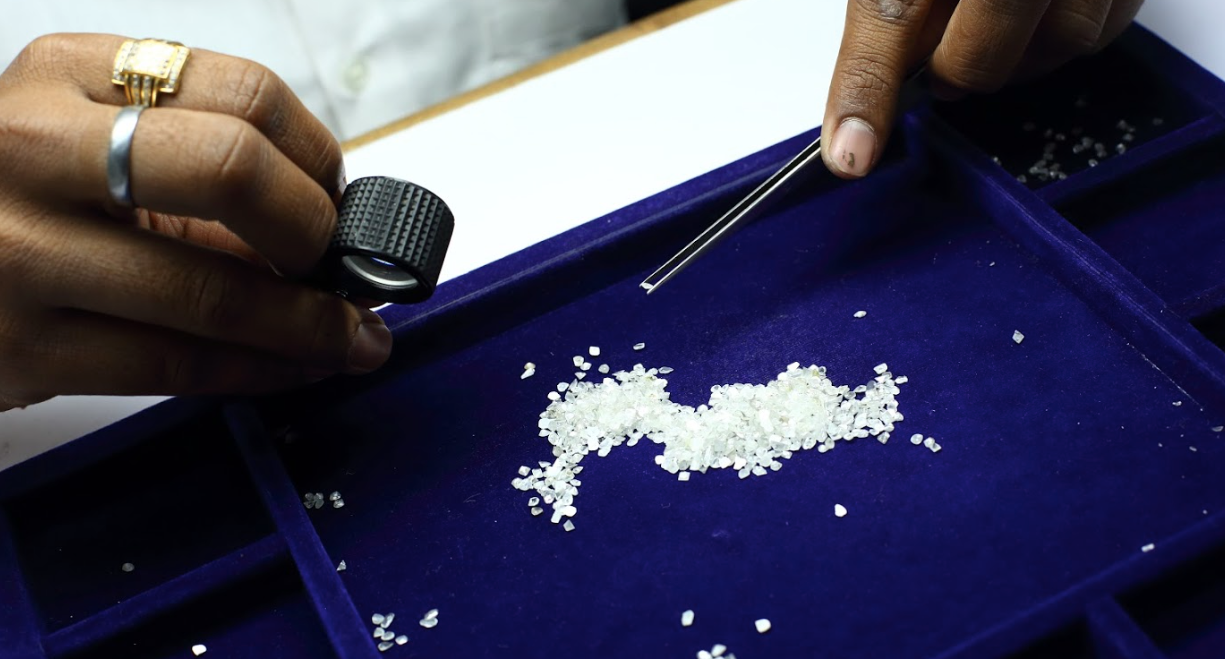64Facets’ top tips for ensuring that your diamond jewelry is conflict free:
When it comes to our diamond jewelry 64Facets are committed to ensuring the highest standards. This incorporates the quality, innovation, and creativity of our pieces, but equally the ethical and sustainable considerations that are involved in every aspect of our process. However, everybody has a duty to be informed. We believe both brands like ours and consumers like you can work together to protect and transform the lives of people around the world by sharing responsibility in demanding and generating truly conscientious standards in the diamond industry.
- Don’t boycott natural diamonds. Although the risk of accidentally purchasing a blood diamond does still exist, this doesn’t mean that you should avoid all diamonds altogether. Only a very small percentage of diamonds produced today are blood diamonds, although it’s still important to be wary of the potential. Boycotting diamonds entirely may also have an adverse impact. Many diamond producing states depend on the diamond industry for their national income, and many are continuing to develop economically. Therefore, a sudden halt to their diamond demand could severely undermine economic conditions, destroy social fabrics, and spur mass instability.
- Avoid vintage or second-hand diamonds. Older diamonds may not come with a degree of assurance that Kimberley certified diamonds do. Although vintage rings have a charm and may seem ecologically more sustainable, there is simply no way of knowing for certain where these diamonds came from and when they were mined.
- Ask questions. Ask your jeweler to see certification, probe where your diamond is from, and ask how they can guarantee that the diamond was ethically sourced. If they can’t answer clearly, it is better to move on. Putting pressures on jewelers to hold higher standards is one of the best incentives for improvement.
- Do your research. Take the time to find out where your diamond was mined and the historical and political context of each state. Canada, Namibia, and Botswana are all recommended as good bets, due to their strict labor and environmental standards and community-orientated mining approaches. South Africa and Lesotho also have regulations on mining in place that reduce the ecological risks of diamond mining.
- Don’t just stop at the diamonds. Look into the mining of the metal that the diamond is set in, as well as the production of the jewelry itself rather than just the rough diamond itself. A truly ethical piece of jewelry should take into account labor rights, health and safety, fair trade, and ecological considerations – there is always more you can demand from the industry!
